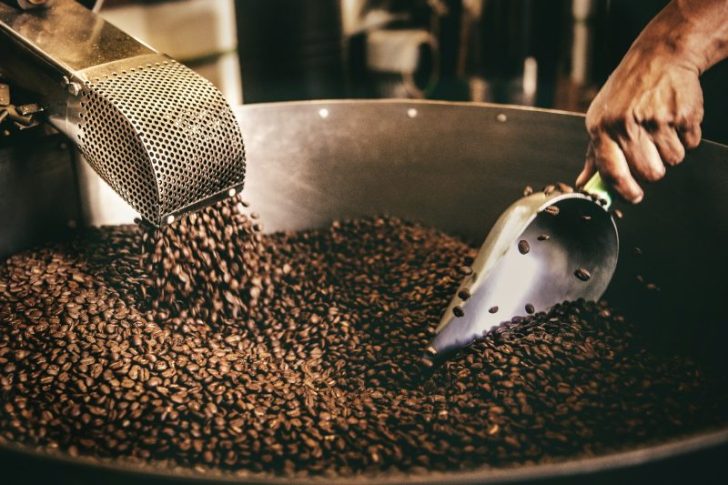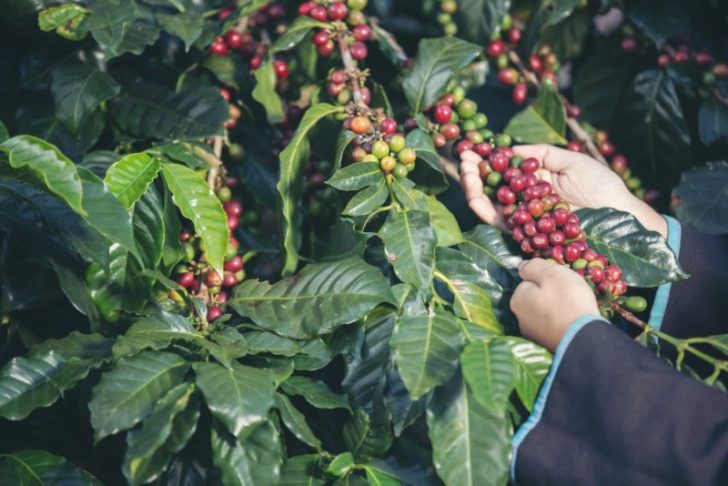For many African nations, self-reliance is not just a goal. It is a necessity. And in the heart of this push stands something small, brown, and strong: The coffee bean.
The story of coffee in Africa starts with pride. The plant’s birthplace is Ethiopia, where the tale of Kaldi, a goat herder, marks the beginning. He noticed his goats jumping with energy after eating berries from a wild plant. That plant was coffee. From there, it spread far and wide. But as it traveled, it was stripped of its roots and used for control.
Colonial powers saw coffee as profit. In countries like Kenya, the British took fertile land, kicked out locals like the Kikuyu and Kalenjin, and set up coffee plantations. People were forced to work under cruel conditions.
In Uganda, the pain was even more visible. Workers were whipped on plantations, making coffee a reminder of fear, not freedom.
The Coffee System Didn’t Change Despite Independence
When independence came to Kenya in 1963, for example, the chains were not fully broken. The systems stayed. Coffee still fed export markets and big corporations, not the farmers.
Coffee remained a cash crop for export, but the money flowed up the chain. Farmers got scraps, while multinationals took the lion’s share. That imbalance still defines the trade today.
Across the continent, coffee is being reclaimed. In Ethiopia, it never lost its soul. The phrase “Buna dabo naw” means “Coffee is our bread.” It shows how deep the connection runs. In Uganda, the shift is newer but powerful. What was once a crop tied to violence is now seen as a symbol of survival.

Tim / Unsplash / Even now, places like the Nairobi Coffee Exchange, born in colonial days, control pricing and trade. Small farmers barely see real profits.
That shift didn’t come easily. It came from people refusing to let coffee stay a symbol of pain. They chose to turn it into something stronger, a source of identity and pride.
African Coffee Is World-Class
African coffee is undoubtedly loved worldwide. Kenya AA, Ethiopian Yirgacheffe, and Rwandan Bourbon are prized for their flavor. But farmers often get less than 10% of what their beans sell for in global markets. That is where the fight for self-reliance comes in again.
To truly benefit from coffee, African farmers are working to control more of the value chain. That means not just growing beans, but processing, branding, and selling them on their own terms.
This is where resilience kicks in. They are learning to adapt to climate change, shift to agroforestry, and manage crops more sustainably.
Owning the Value Chain
Fairtrade and similar programs help, but they are not enough. The core issue is control. Who sets the prices and who owns the land? Above all, who gets the final cut? When African farmers answer those questions for themselves, coffee becomes a tool for power, not just trade.

Freepik / For African nations, coffee symbolizes resilience and pride, as well as the core issue of control.
In places like Rwanda and Tanzania, farmer cooperatives are changing the narrative. They are skipping middlemen and exporting roasted beans directly. Instead, they are training youth to become coffee entrepreneurs, not just laborers.
They are building processing plants locally, which keeps jobs and profits close to home. Every step forward chips away at the old system.
Preparing for Climate Shocks
Remember, self-reliance also means being ready for what is next. Climate change is real, and it is hitting African coffee farms hard. Droughts, unpredictable rains, and pests are rising. But farmers are not standing still. They are shifting to shade-grown coffee, planting trees, and creating more resilient farms. This adaptability is part of the story, too.
Survival now means strategy. African farmers are mixing tradition with innovation. And they are doing so with great pride.

